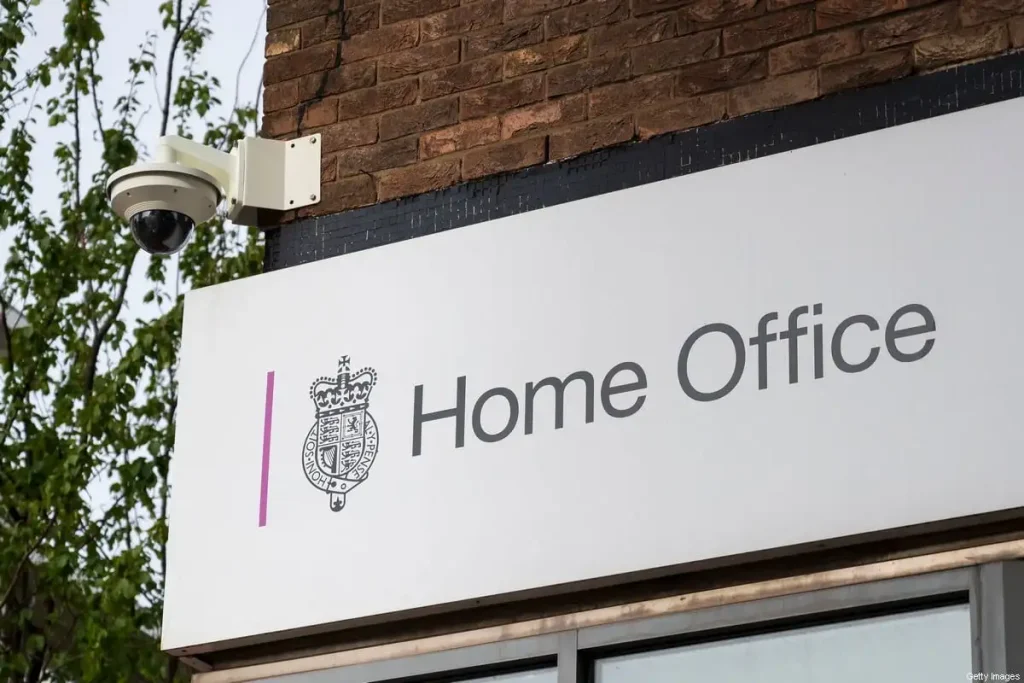Four Nigerians have been found guilty by a London court of creating more than 2,000 fake marriage certificates to assist people in unlawfully staying in the United Kingdom.
The UK Home Office Chief Immigration Officer, Paul Moran, expressed concern over exploiting individuals’ desperation following the court’s decision on August 27, 2024. The convicted individuals are Abraham Onifade (41), Abayomi Shodipo (38), Nosimot Gbadamosi (31) and Adekunle Kabir (54).
According to Sky News, the Home Office accused the defendants of being part of an organised criminal group that submitted fraudulent European Union Settlement Scheme applications for Nigerians. These applications involved false Nigerian Customary Marriage Certificates and other misleading documents aimed at helping individuals remain in the country.
Investigations revealed that the four Nigerians carried out illegal operation between March 2019 and May 2019. The UK prosecution successfully closed its case, leading to the guilty verdict for Onifade and Shodipo, who were found guilty of conspiracy to facilitate illegal entry into the UK and conspiring to provide items used in fraud.

They were sentenced to six years and five years in prison, respectively. Gbadamosi was imprisoned for six years for deception and fraud by false representation, while Kabir received a six-month sentence for possessing an identity document to deceive.
Paul Moran, the Home Office Chief Immigration Officer, commented on the conviction, stating that the group was highly active in exploiting UK borders and emphasising that their conviction was just. He also hoped these convictions would serve as a warning to criminal groups who prey on individuals’ desperation to stay in the UK.
Moran assured that the Home Office would continue to work diligently to secure the UK borders and crack down on criminal groups that exploit vulnerable individuals. While acknowledging the interest of foreign nationals, including Nigerians, to live in the UK, the UK Home Office emphasizes the importance of legal entry.


